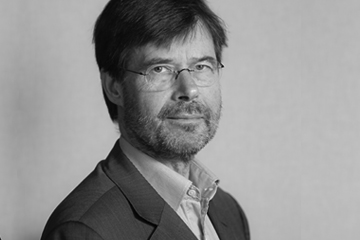The Horizontal Economy: How new collaborative platforms will change 21st Century economies
Alfred Bakker
Alfred Bakker studied political science and economics at the University of Amsterdam. He has worked as a financial journalist for more than 30 years. He has held posts as a journalist, deputy editor and editor in chief of the only Dutch business newspaper, Het Financieele Dagblad.
In March 2016, he published the book (coauthored with Van Agtmael): “The Smartest Places on Earth. Why rustbelts are the emerging hotspots of global innovation”. The book’s central thesis is to argue that rust-belts of Western economies can become ‘the emerging hotspots of global innovation’. Sharing brainpower between companies and universities in joint research programmes and smart manufacturing will make the difference for coming decades.
The Financial Times review of the book notes, ‘it is a 266-page inspirational Ted talk for anyone pondering the future of cities’. Alfred will be on the stage of TEDxUniversityofNicosia on Nov. 11th to share this vision.
Twitter:@dutchpolder
TEDxUniversityofNicosia Talk:
The horizontal economy. How new collaborative platforms will change 21st century economies.
Western society is organized in closed, vertical silos. A growing number of companies, universities and local authorities experience them as straightjackets. Complex and expensive technologies ask for collaboration. New horizontal platforms are built to create a much-needed common ground. Example: the Eindhoven region that has emerged as a high tech hotspot.
